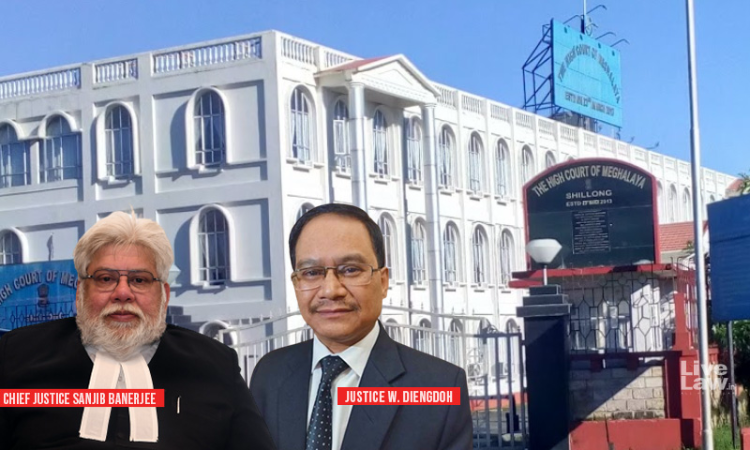Upholding the democratic rights of teachers, the Meghalaya High Court has struck down the executive guidelines introduced by the State government in 2021, which prohibited teachers from engaging in political activities and contesting elections.A division bench of Chief Justice Sanjib Banerjee and Justice W. Deingdoh observed,“Again, as this great nation was also conceived in liberty...

